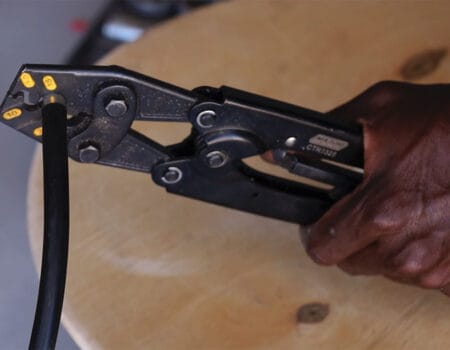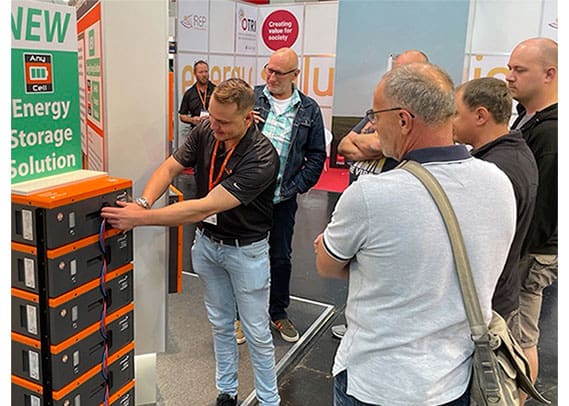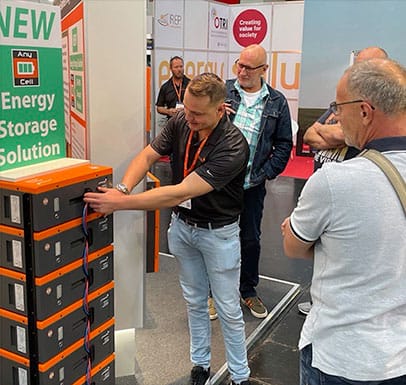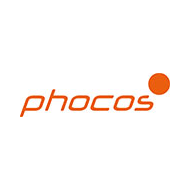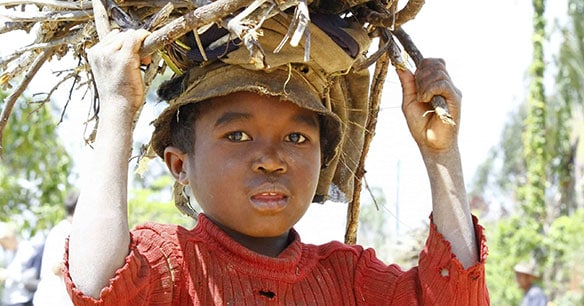
Access to electricity is vital for poverty alleviation, economic advancement, overcoming the gender divide, better health, and improved living conditions. Developing sustainable sources of energy also positively impact larger climate topics. Over the last 25 years, improvements have been made, yet 13% of the world’s population still does not have access to power. This translates to 940 million people, highlighting the fact that sustainable energy access for all is an important goal yet to be achieved. Research by IEA and the World Bank shows 54% of those without power live in sub-Saharan Africa. Organizations, governments, and individuals must continue to address the basic needs of millions who struggle every day to improve their circumstances. Energy access with clean energy options like solar is the solution for many daily challenges, offering the opportunity to make a transformative impact for families and communities in remote areas.
How is Change Sparked?
The Phocos team believes improving sustainable energy access for all starts with these four pillars:
1. Awareness
When people know more, they are empowered with information to act. This is why our team will share information and bring awareness by highlighting a few specific topics relating to clean energy and energy access in a blog series. As part of our 20+ year effort to create products that help to bring energy independence and energy access to customers around the world, Phocos is fully behind this initiative to help the global population living with energy poverty. Many organizations are making a difference – we all simply need to work together to help change happen faster.
What is energy poverty? Energy poverty is the lack of access to modern energy services defined by the United Nations as “household access to electricity and clean cooking facilities (i.e. clean cooking fuels and stoves)”.
2. Education
Education is a key factor for people living in remote areas with limited access to news and information and where traditional ways or common practices are followed, even if they are more costly and harmful than clean energy options. With education and guidance, people living in these remote areas can learn about safer and more sustainable alternatives to slowly change minds and habits.
3. Exceptional Leaders
Innovative thinkers with a vision can motivate and unite people and organizations to make energy access for all possible. Success takes leaders that move large organizations like government agencies and the United Nations to set global goals. It also requires individuals and grass roots organizations living among those experiencing energy poverty to listen to specific challenges, learn local customs, understand possible barriers to adoption, and earn the community’s confidence so solutions can be tailored for and adopted by the people they are trying to help.
4. Quality Products + Innovative Programs = Effective Solutions
In the end, it comes down to the right solution for the challenge. Whether there is a charitable organization, a government organization, or a commercial business like Phocos getting involved, it takes a clear understanding of the people’s needs and current conditions. Traditional ways, economics, and logistics are important factors to consider. At the core, progress takes a willingness to research, listen, be creative, and understand the needs of the people being helped. Listening, of course, is enhanced by experience. Innovative partnerships often create better opportunities for successful programs. Linking electrification to sustainable development priorities must be at the forefront along with sourcing, efficiency, quality, costs, demand, processes, safety, and delivery logistics. These are just some of the criteria organizations should consider when developing successful products, programs, and solutions for those living with energy poverty.
Transformative Impact of Energy Access
Access to clean, reliable, and equitable energy is vital for economic development. When people without access to electricity get the opportunity to use it, the impacts can be transformative on many levels. For individuals living in the developed world – those living with electricity for generations – it might be a challenge to fully understand how transformative electricity having can be. Stay tuned, as Phocos offers more blog posts to support a better understanding, helping to elevate this conversation of sustainable energy for all. We can all be part of the solution.
Learn more. Learn about SE4ALL, created by the Secretary General of the United Nations in 2011, to achieve universal access to modern energy services by 2030.
Click here to see Article 2 in these series: Shining a Light on Energy Access in Remote Communities
